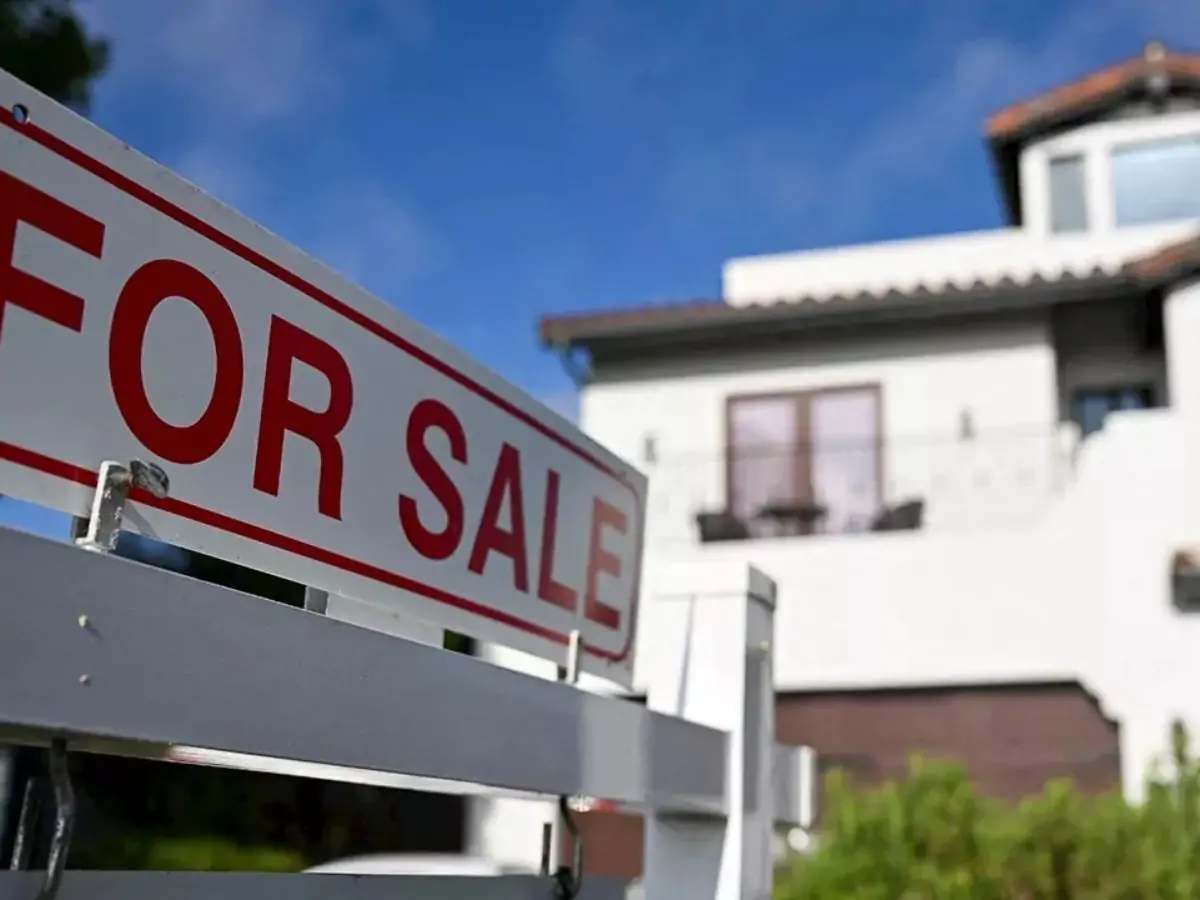
Will Selling Your Home in Retirement Jeopardize Your Social Security Benefits?
It’s a question more and more retirees are quietly asking as they rethink their financial futures: What happens to my Social Security benefits if I sell my house?
With headlines warning about a possible Social Security funding shortfall by 2033—and talk of a potential 23% benefit cut if Congress fails to act—it’s no wonder older Americans are feeling uneasy. For many, that monthly check isn’t just extra cash. It’s a lifeline.
At the same time, the family home—a symbol of stability and hard-earned security—is also a major financial asset. In today’s unpredictable economy, retirees are revisiting whether to stay put, downsize, or sell altogether. But before making that leap, there’s one crucial thing to know: selling your home won’t make your Social Security check vanish.
Let’s break it down.
The Role of Social Security in Retirement Housing Decisions
For most retirees, Social Security is the backbone of their household budget. The steady monthly income helps cover the essentials: mortgage payments, property taxes, insurance, and day-to-day upkeep. Without it, many seniors would struggle to keep up.
That’s especially true for those who don’t have a big nest egg tucked away. In these cases, Social Security income may be what stands between staying in a familiar home and being forced to move out.
It’s not just the federal government that helps. Many states offer property tax relief to seniors living on fixed incomes. These programs—often tied to age, income, or Social Security status—are designed to help people stay in their homes longer. Take Texas, where homeowners over 65 can qualify for a property tax freeze on school district taxes. Or Colorado, where seniors might get an exemption on part of their home’s value. These local measures, paired with Social Security, can go a long way toward keeping housing affordable.
Plus, for retirees who still carry a mortgage—or those looking to refinance—Social Security income is typically counted by lenders as reliable and stable. That means it can help borrowers qualify for better loan terms, or even for a new mortgage entirely, depending on their full financial picture.
But perhaps most importantly, Social Security income reduces the pressure to cash in on home equity. When that monthly check covers the basics—utilities, taxes, maybe even groceries, there’s less need to sell the home to stay afloat. A retired couple, for instance, may be able to pool their benefits, cover their costs, and leave their savings untouched. That peace of mind is priceless.
What Happens to Your Benefits If You Sell Your Home?
Here’s the good news: Selling your home does not affect your Social Security retirement benefits.
Your Social Security check is based on your work history and lifetime earnings, not your current bank balance or whether you own property. So if you decide to sell your house—whether to downsize, relocate, or free up cash—you won’t lose your benefits. The Social Security Administration (SSA) doesn’t reduce or pause your payments after a home sale.
But that doesn’t mean there are zero consequences to consider.
Taxes: The Hidden Hiccup
Even though your Social Security check stays put, selling your home could bump up your tax bill.
If you sell your house for more than you paid for it, the profit may be subject to capital gains tax. Fortunately, many retirees qualify for a capital gains exclusion—up to $250,000 for single filers or $500,000 for married couples—if the home has been their primary residence for at least two out of the last five years.
But if you exceed that limit, the excess profit becomes taxable. And once your income increases (even temporarily), a larger portion of your Social Security benefits may also become taxable. Up to 85% of your Social Security can be taxed, depending on your overall income level.
In other words, while your benefit amount won’t change, how much of it ends up in Uncle Sam’s hands might.
Don’t Mix Up Social Security with SSI
It’s easy to confuse the two, but there’s a big difference between Social Security retirement benefits (what most retirees receive) and Supplemental Security Income (SSI), which is a needs-based program for low-income seniors and people with disabilities.
Unlike Social Security, SSI eligibility is tied to your assets. If you receive SSI and sell your home, the proceeds could push your assets above the program’s limits and impact your payments.
But this article focuses on Social Security retirement benefits. If that’s what you’re receiving, a home sale won’t affect your eligibility.
Planning Ahead Makes All the Difference
Selling your home in retirement is a big decision—financially, emotionally, and logistically. If you’re thinking about it, consider how the move fits into your broader financial plan.
Do you plan to buy a new home? Reinvest the money? Rent? Live closer to family? These choices can carry tax implications and affect your quality of life, so it’s smart to consult a financial adviser or tax professional who understands the unique puzzle that is retirement finance.
They can walk you through strategies—like timing your sale, reinvesting wisely, or managing capital gains exposure—so that your Social Security check continues to work as hard as you did to earn it.
Bottom Line
Social Security is one of the few constants in retirement. Selling your house might shift your lifestyle or your taxes, but it won’t change the benefits you’ve earned through a lifetime of work.
So if you’re worried that a “For Sale” sign in your front yard will lead to a stop-payment notice from the SSA, breathe easy. That check will keep coming.
The real question is what you do with the proceeds, and how they fit into the next chapter of your retirement journey.



